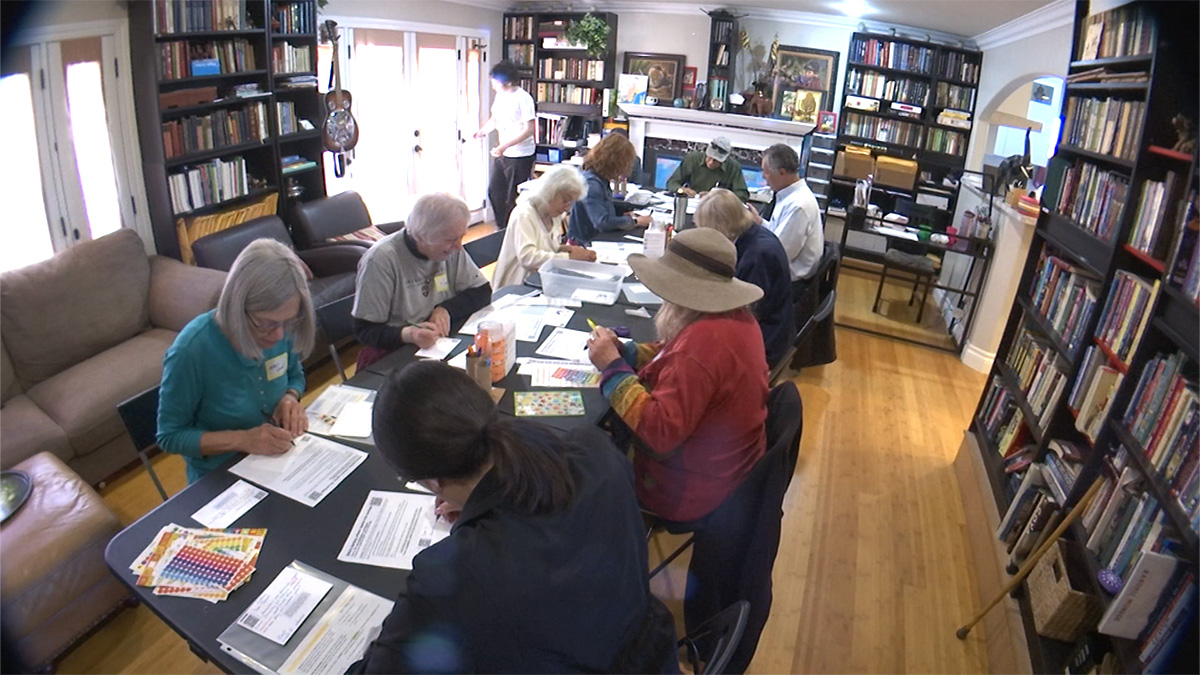A University of California, Berkeley professor has developed a new earthquake-warning system that he said can be made for just over $100.
Josh Bloom, who has been working with the university's seismology laboratory, said he wanted to put together an early earthquake detection system made up of parts you can get almost anywhere.
UC Berkeley's seismology lab is involved in building a network of sensors around California, Oregon and Washington state, which has given the professor an opportunity to be a data tester. The network is not currently open to the public.
Bloom's device, called Prototype Zero, includes a computer, disc and backup battery at a cost of $110.
"If we had the ability to push out these alerts, there would be millions of people who could be listening and could be saved," Bloom said.
Bloom said his family got a warning just prior to the Napa earthquake thanks to his invention.
"We only got a five-second warning in Berkeley because we are close to the epicenter," Bloom said.
Local
Seconds, he said, that can be very valuable to reacting to the next natural disaster.
"So you can imagine living in a place where you are worried about tsunami or tornadoes or earthquakes," Bloom said. "And getting advance warning for anyone of these things before they actually strike could be life saving."
The professor was able to recreate the Loma Prieta earthquake through his computer. If his system was up and running 20 years ago, Bloom said he would have received a 20-second warning.
Bloom said his goal with his earthquake warning system is to get the attention of state legislators or private investors to help make the device readily available.



